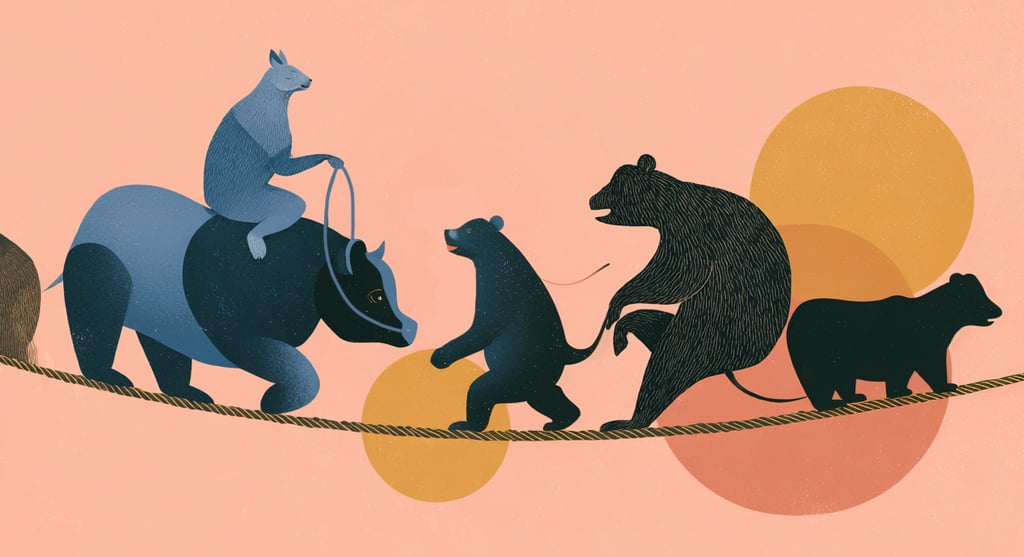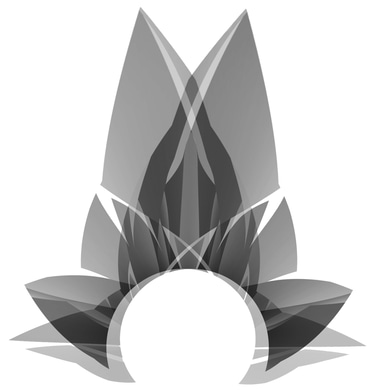MASK OFF
WHEN PEOPLE ARE ANIMALS AND YET SO MUCH MORE...
Birte brunner
12/19/20252 min read


How would we humans treat each other if we were animals?
If we had to take off the masks we put on every day – politeness, status, expectations?
If we encountered each other like wolves, crows, elephants, dolphins – directly, clearly, without detours?
Perhaps many things would be easier.
A dog shows joy. A cat shows boundaries.
Elephants show grief. Wolves show care.
Everything is visible, nothing is disguised.
But animals can also be cruel. Dolphins kill young animals, lions chase away rivals, crows bully the weak. Selfishness, violence, harshness – they are part of nature. But animals act on instinct, not malice. Their cruelty is purposeful, never calculated.
And us? We carry both within us. Because we are animals ourselves – only with consciousness. We are the heirs of primates:
From chimpanzees comes our penchant for hierarchy, competition and aggression.
From bonobos, we get our ability to cooperate, form close bonds and resolve conflicts through community.
Our early ancestors survived through both power struggles and sharing. This legacy lives on in us – in the struggle for status in the office as well as in the comfort we seek in friendships.
So the question is: is there still too much animal in us?
Too much of the chimpanzee side that pushes, fights and asserts itself – and too little of the bonobo side that shares, appeases and connects?
We wage wars where cooperation would be possible. We accumulate possessions where sharing would be necessary. We judge where recognition could heal.
But this is precisely where our difference lies. We are animals – yes. But we are animals with minds. And this mind is not just a tool, it is a gift. It allows us to go beyond instinct, to decide not only to survive, but to consciously shape our lives. With this gift comes responsibility: for ourselves, for others – and for the world.
Nature is not a raw material, not a warehouse, not an endless reservoir. It is the ground we stand on, the air we breathe, the network that sustains us. Our intellect obliges us to no longer just use it, but to protect it. We are not masters of nature, but guardians. Not owners, but partners.
Perhaps we are not too much like animals, but too one-sided. We have reinforced the part of our origins that separates us – and forgotten the part that connects us. Our salvation does not lie in shedding our animal nature. It lies in remembering. Remembering that, at our core, we are both: pack animals with an instinct for cooperation and a drive for dominance. Consciousness means being able to choose – and the responsibility to make that choice mindfully.
If we choose to work together again – to share, to protect, to speak in clear gestures – then that is not a step backwards into the animal world. It is a step towards our true humanity.
Because the animal in us is not our enemy. It is our mirror. The question is not whether we have too much animal in us –
but whether we have learned to use our gift of reason not to exploit, but to preserve.
When we understand this, we are no longer hunters of our world – but its guardians.
